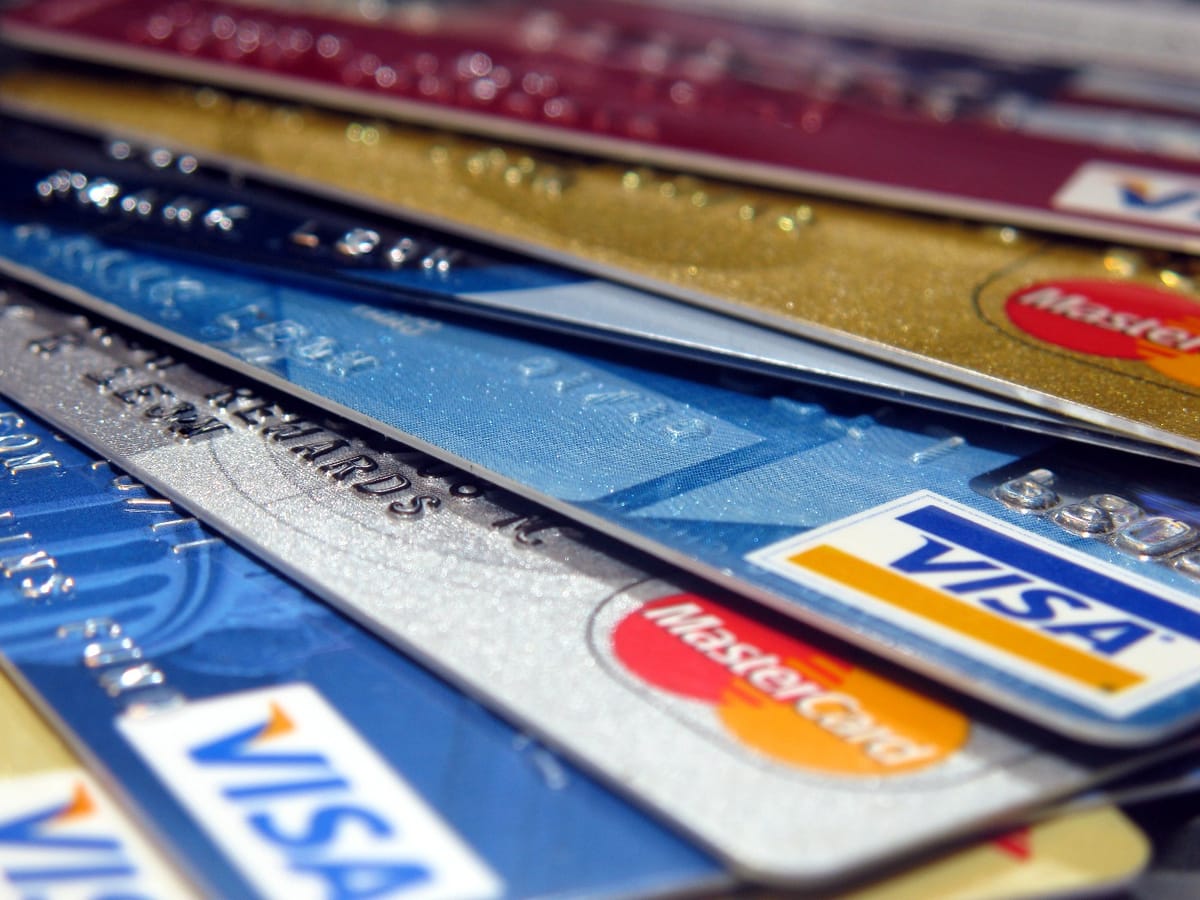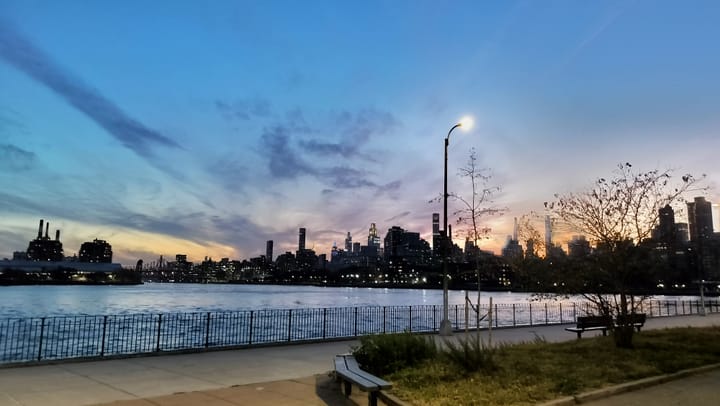New City Council bill would cap credit card minimums at $10
Local pols are proposing a maximum on scammy minimums.

Let’s set a familiar scene: you’re low on cash and want to get just one drink, but when you hand the bartender your card, you’re told there’s a $20 credit minimum. You’ve either got to double down and drink more than you wanted to, or engage in an elaborate shell game of friends putting drinks on your card and paying you back just so you can leave.
The point is, you almost certainly wind up spending more than you planned (or can necessarily afford) just for the privilege of using your card.
“It’s a very basic frustration of being a New Yorker who’d walk into many places and find that there’s a $15, $20 minimum just to buy lunch or a cup of coffee if you don’t have cash on you. To be tagged with a $20 minimum just feels excessive,” said City Council Member Keith Powers, who’s sponsoring a bill that would cap those mandatory minimums at $10.
The bill, which just had its first hearing at City Council this week, has been around for a while, but got put on the back burner in favor of more urgent efforts ensure that stores continued to accept cash amid panicked peak-COVID-era attempts to go credit-only, regardless of who might be shut out of buying basic goods (that legislation became law, and you can now report businesses that refuse cash payments to 311).
“You had stores moving to credit-card-only then requiring a minimum,” Powers told The Groove. “That felt like a double whammy on people.”
Of course, businesses charge these minimums in part to cover credit card processing fees — which, like every other fee associated with credit cards, have been rising in recent years and are a sneaky driver of overall inflation — that can eat into profits, especially on smaller transactions.
But they can also be a way to pressure customers into spending more money, or an effective form of surge pricing, as is with bars that up their credit card minimums during big televised sporting events, for instance.
“I think it’s a combination of credit card fees and trying to incentivize the consumer to pay more, with the fees being the main driver,” Powers said. “We don’t want [businesses] to be able to use that as a way to totally push the consumer to pay way more than they should be paying. And I don’t think you need to charge $20 to offset [the fees].”
At the hearing on Tuesday, no parties showed up to object to the bill — the only back-and-forth was over the exact nature of signage requirements — and though there’s no hard timeline, Powers expects that the measure could head to a [City Council] vote “soon,” noting, “the hearing is a very big step.”
“I think one of government’s most baseline roles is to protect consumers against fraud or bad behavior,” Powers added. “To make sure our constituents are not getting ripped off or paying excessive fees.”
At the federal level, the Consumer Financial Protection Bureau may now be in jeopardy, but locally, our officials have a pretty strong track record on common sense consumer protection measures like this one. Last year, a new law went into effect tightening restrictions — and requiring clear disclosure of – credit card surcharges that businesses pass on to customers. And at Tuesday’s hearing, the other business on the table focused on issues like requiring retail stores to accept flexible benefit cards, which are often used by seniors.
"New Yorkers get frustrated about this stuff sometimes and don’t think to call their Council member to solve it," Powers said.
The takeaway? If you see something that seems scammy or even just wildly inconvenient, it can't hurt to actually say something.




Comments ()